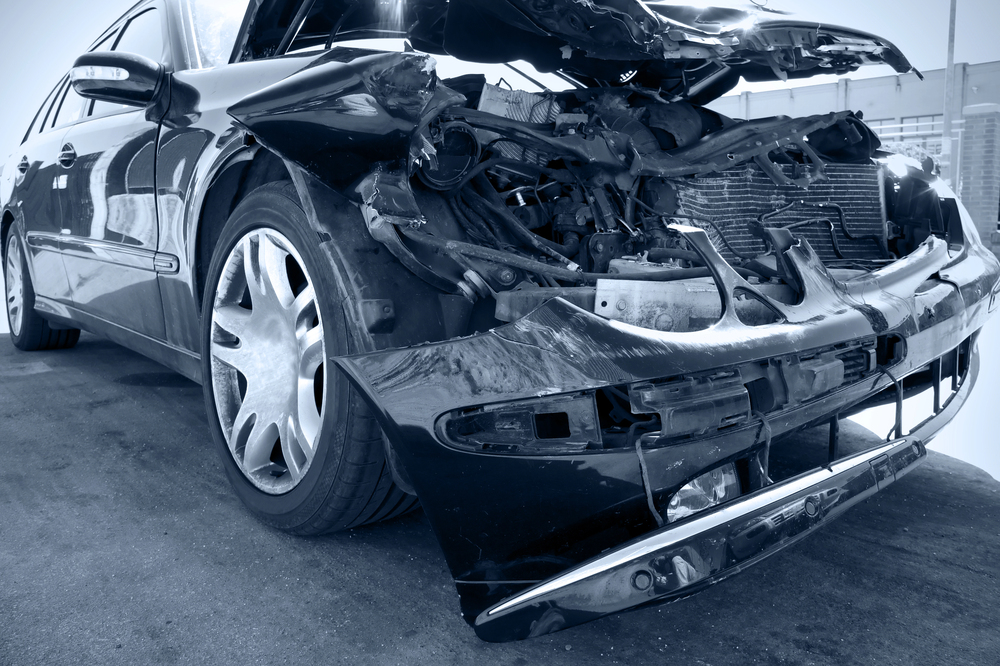Does a Homeowners Policy Cover a Volunteer Fire Chief for Liability?

Q: An agency’s customer is the chief of the town’s fire department. The fire department is 100% volunteer—no one receives compensation.
The fire chief has indicated that, if the department is named in a lawsuit, the chief is named as well. He asked if he has any liability coverage under his homeowners policy, which is the ISO HO 3 03 22.
The agent believes the position as fire chief would be excluded from the HO 3 as a business activity. However, in the definition of business, the policy states:
3. “Business” means:
b. Any other activity engaged in for money or other compensation, except the following:
(2) Volunteer activities for which no money is received other than payment for expenses incurred to perform the activity.
Section II E 3 excludes “’bodily injury’ or ‘property damage’ arising out of the rendering of or failure to render professional services.” The agent thinks that this exclusion would apply to a fire chief, or any firefighter, regardless of whether or not they are a volunteer.
Q: Is it correct that the HO 3 will not provide any liability coverage to a firefighter or fire chief? What policies should be used to cover this exposure?
Response 1: You’ve got it right. The chief is covered for his volunteer activities under his homeowners policy’s liability coverage, but only for the things that are covered by that policy. Of course, there are a couple of things missing.
One is coverage for the professional liability exposure of firefighters. You could argue that being a volunteer firefighter or chief isn’t a profession, but even if you won that argument, there’s the problem of deliberate acts involved in this activity. In the course of fighting a fire, the chief might order a bulldozer to pull down a neighboring building to prevent an even bigger blaze. That action doesn’t fit the definition of an occurrence, so it wouldn’t be covered by a homeowners policy.
Municipalities carry a special form of liability insurance to cover such activity and that’s where I’d look for coverage. You might find coverage for an individual in the E&S market, but the municipality should really foot the bill. When I served as a volunteer EMT, our township carried the coverage and included all volunteers as insureds. The chief should pose this question to the municipality.
What do the experts think?
The other exposure has to do with limits. The values of burning buildings and neighboring structures can run into millions of dollars—far more than the limits carried by average homeowners.
Overall, the nature and size of the exposure is greater than an uncompensated individual should be forced to bear. The municipality is getting a valuable service for free. The least it can do is extend its liability insurance protection to the chief and the other firefighters.
Response 2: I think your instincts here are correct. The homeowners policy is not designed for this exposure and won’t properly protect your client.
To protect himself, your client should make sure that the fire department has appropriate coverage and that their policies specifically include protection for him, in his role as fire chief. At a minimum, I would want to see the following coverage lines:
- General liability
- Professional liability or errors & omissions
- Employment practices liability insurance
- Directors & officers
- Workers compensation
Response 3: My immediate question is about the form or contract in which his service as fire chief is memorialized. What does it say about any liability that may arise in this context and the town’s responsibilities for defense and response to claims?
As far as coverage under the homeowners form, it would seem that if no compensation is involved he would have coverage—but serving as a fire chief no doubt involves special training and knowledge, so it verges on a business or professional exposure.
The only way to know is to ask the underwriter and to get their opinion in writing. If the opinion is that additional coverage is needed, and the current underwriter cannot or will not provide it, I suggest contacting the International Fire Chiefs Association.
Response 4: I agree with you and would not suggest a client rely on homeowners insurance in this scenario.
Doesn’t the town obtain insurance for the volunteer fire department, including coverage for the fire chief? Many volunteer departments receive funding from various sources and buy insurance to protect their firefighters from many risks, as well as department assets like firefighting equipment.
I would highly recommend that your insured seek the services of his municipality’s attorney or his own attorney for guidance. He and his attorney—not you—should pursue with the municipality what coverage its insurance provides him.
This question was originally submitted by an agent through the Big “I” Virtual University’s (VU) Ask an Expert service, with responses curated from multiple VU faculty members. Answers to other coverage questions are available on the VU website. If you need help accessing the website, request login information.
This article is intended for general informational purposes only, and any opinions expressed are solely those of the author(s). The article is provided “as is” with no warranties or representations of any kind, and any liability is disclaimed that is in any way connected to reliance on or use of the information contained therein. The article is not intended to constitute and should not be considered legal or other professional advice, nor shall it serve as a substitute for obtaining such advice. If specific expert advice is required or desired, the services of an appropriate, competent professional, such as an attorney or accountant, should be sought.










